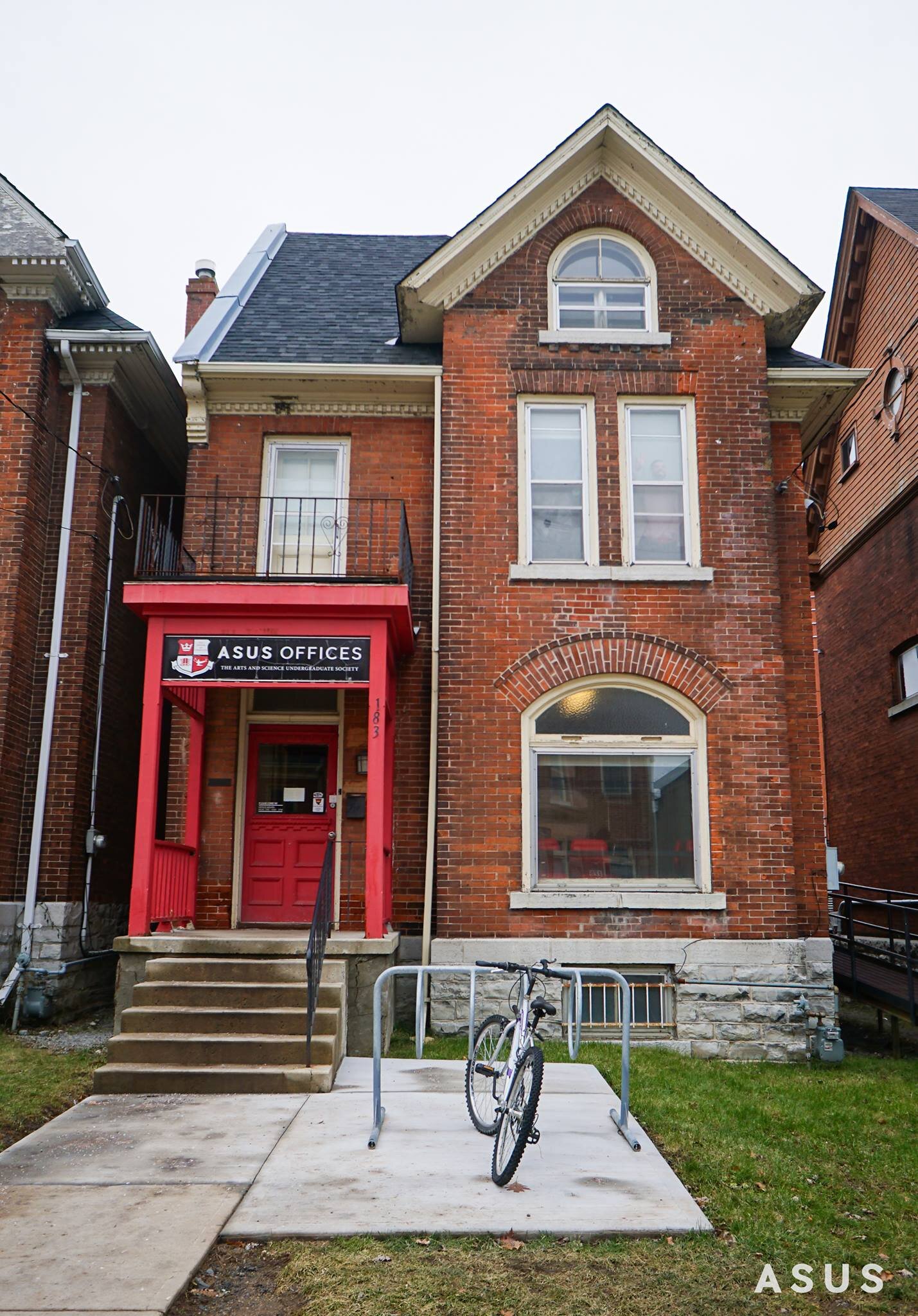
ASUS Remote Academic Recommendations
Prepared by ASUS Academics Commissioner Alyth Roos and President David Niddam-Dent
Since online learning began in March 2020, professors, departments, and staff have worked tirelessly to make remote learning successful. With that said, students have clearly conveyed that there is room to grow from the first months of Queen’s first ever virtual semester. The following concerns and recommendations are based on extensive research and consultations over the past two months of online learning.
By addressing the following concerns through their proposed solutions, the professors and departments of the Faculty of Arts and Science can fundamentally improve the student experience. It is important to acknowledge that each student and course experience is unique, and as such, exceptions apply to all below. Finally, we welcome any questions, concerns, or feedback – we can be contacted at academics@asus.queensu.ca and president@asus.queensu.ca.
Workload, Assessments, & Delivery
Students feel overwhelmed with stress and increased time spent on coursework and small assignments
- Ensure that asynchronous portions are more concise and reduce reading load where possible
- Reduce quantity of smaller assignments for upper years (although first years have indicated that they enjoy the structure)
- Post all content as soon as possible to enable students to work ahead
Decreased Student Engagement
Students feel that they lack connection with course material, instructors, & classmates
Ordering a Jacket
- Use of synchronous sessions (lectures, Q&As, etc) where accessibility permits
- Include multiple opportunities to schedule office hours to accommodate for students in different time zones and improve engagement
- Assign TAs to specific groups to improve 1:1 connection
- Implement group work to help build community within classes
- Provide opportunity for anonymous feedback through polls, surveys and Q&As
- Emphasizing engaging opportunities for lab and field work
Troubles with Academic Platforms & Technology
Students feel that online resources are disorganized, especially course ONQ pages
- Use one central platform to streamline all course content, preferably Zoom or ONQ
- Use Timeline and FAQ functions of ONQ to help students stay organized
- Ensure all members of teaching teams are well versed in academic platforms
Student Wellness Challenges
Students’ stress and circumstances are adding to coursework difficulties, but solutions are available.
- Increased empathy for students given the difficulties of current situations
- Consider increased implementation of three-day deadline windows and grace periods
- Limit announcements and email updates to the workday to allow students time to themselves
Difficulties with Communication
Students feel that they have lacked effective communication from professors and TAs.
- Ensure effective systems for answering questions such as weekly Q&A videos
- Making efforts to clarify expectations, deadlines, and assessments
- Prioritize TA engagement with individual students
- Quick email response rates where possible
- More flexibility and booking options for office hours
- Frequent communication regarding updates, graduation and instruction from departments
Accessibility Concerns
Key accessibility concerns include finances, synchronous learning, and delivery
- Adjusting synchronous requirements based on student locations & time zones
- Consider offering specific synchronous sessions for students in distant time zones
- Limit costly classroom expenses such as textbooks and other online costs
- Where possible, implement closed captions and transcriptions to support students with accessibility barriers
Threatened Student Privacy
Students feel that online learning has threatened their privacy.
- If encouraging cameras on during video lectures, promoting the use of virtual backgrounds
Once again, we welcome all concerns, questions, or feedback, at
